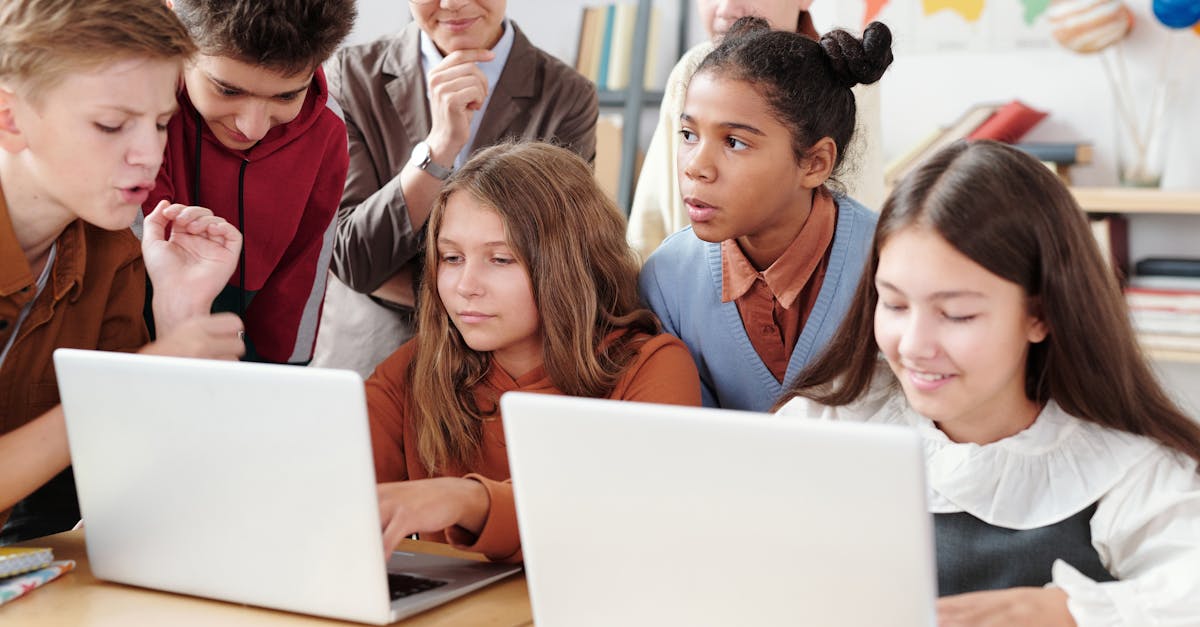Why Forgiveness Matters for Little Ones
Why is forgiveness so essential for preschoolers? Besides the obvious heartwarming factor, it has benefits! It helps them navigate social interactions better and creates a caring environment.
Think about it: wouldn’t you prefer a class where kids say ‘sorry’ after crawling over your toes? Teaching forgiveness develops empathy and understanding, reducing conflicts in the playground jungle.
Imagine it as an emotional shortcut that strengthens your child’s emotional intelligence. By encouraging forgiveness, we plant seeds of peace. This peaceful orchard grows for years, offering fruits at life’s crossroads.
Plus, seeing your kid forgive provides a heartwarming tale to share at birthday parties! So, encourage their forgiving spirit; it’s world-changing!

Starting With Simple Apologies
Simplicity is key when introducing forgiveness.
Start by teaching them to say ‘I’m sorry.’ Make it fun! Use silly songs or dance-offs to engage them. Embedded in everyday life, apologies help children grasp their importance. It doesn’t have to be perfect – a wobbly ‘sorry, Mom’ after breaking a vase still counts!
Modeling Behavior
Model the behavior whenever you can. Geez, those tiny mimics notice everything. Remember the time you slipped up? Yeah, they caught it!
By showing apologizing isn’t scary, you create a safe space for expressing remorse over missteps. This builds an environment where forgiveness isn’t just taught; it’s practiced daily.

The Role of Storytelling in Teaching
Remember the bedtime story ‘Lenny the Lad Who Couldn’t Say Sorry’? Yet they loved it anyway! Kids absorb concepts via stories, and forgiveness is no exception. Choose tales featuring characters learning from their mistakes.
Those dragons and fairies serve more than just entertainment; they teach valuable lessons!
Share personal experiences where resolving conflicts led to reconciliation, including how Grandma forgave you for… well, never mind. It’s hilarious and poignant!
Encouraging Reflection
Encourage discussions post-story, asking kids how Lenny (or the dragon) might feel. This prompts reflection and understanding.
Making Forgiveness Relatable
Bringing these narratives makes forgiveness more relatable and personal at each page’s turn.
Visual Aid

In conclusion, storytelling is a powerful tool in teaching important life lessons such as forgiveness.
Handling Emotional Hurdles
Handling emotional challenges can be tricky. Do you remember their first day of preschool, blubbering? Well, teaching forgiveness tugs at similar heartstrings. Preschoolers often struggle with complex feelings when asked to forgive. Their sentiment might be, ‘How dare Tommy take my crayon!’
To assist them, offer emotional tools, such as:
- Deep breathing exercises
- Speaking about feelings with marshmallow-like softness
It’s crucial to validate their emotions, but encourage forgiveness gently. Highlight the benefits of forgiveness, such as:
- Happier friendships
- Healthier emotional growth
Remember, you’re their emotional coach. Guide their anger towards understanding. You can share your mini battles, minus the office drama, to help them see beyond their initial anger.

Forgiveness Through Play
Ever thought forgiveness could be a game? Meet ‘The Forgiveness Quest!’
Gather action figures or plushies for a reconciliation party. Create scenarios where toys apologize, forgive, and resolve issues (cue dramatic music: Toyland troubles!). This playful approach increases understanding, showing that characters can fix messes together.
Involve toys to express emotions, demonstrating the impact of forgiveness on children. Isn’t it great how forgiving can be playful rather than ‘sit down and talk seriously’?
Making Games Part of Playtime
Embrace the concept of transforming everyday conflicts into learning opportunities:
- Artificial conflicts become avenues for understanding.
- Encourage kids to create their own scenarios.
- Use imagination to battle phantom Playdough enemies.
By incorporating games into playtime, we can foster a forgiving mindset while engaging in fun, imaginative activities.

Engage and Encourage as a Community
It does take a village, and engaging a community offers support! Chat with fellow parents or teachers, sharing tips and experiences. Got a funny forgiveness story? Post online and invite comments.
A supportive network enriches the teaching experience. Sharing struggles and triumphant tales fosters understanding and creates a forgiving culture. A sense of unity envelops everyone when collective efforts ignite change.
Community interactions spotlight that forgiveness isn’t confined within home boundaries. Who knows, your feedback might inspire another parent dealing with a mini spat. Forging connections means fortifying their future in wide community gardens.

